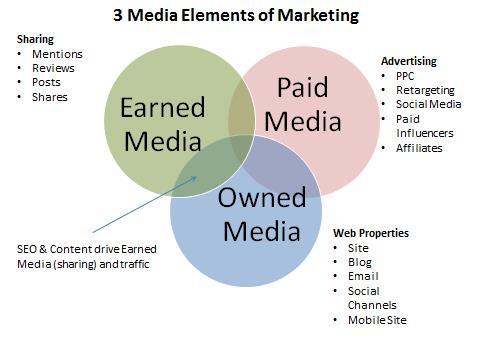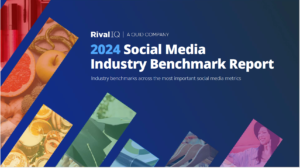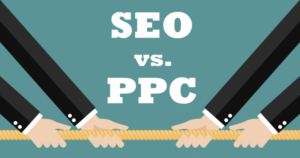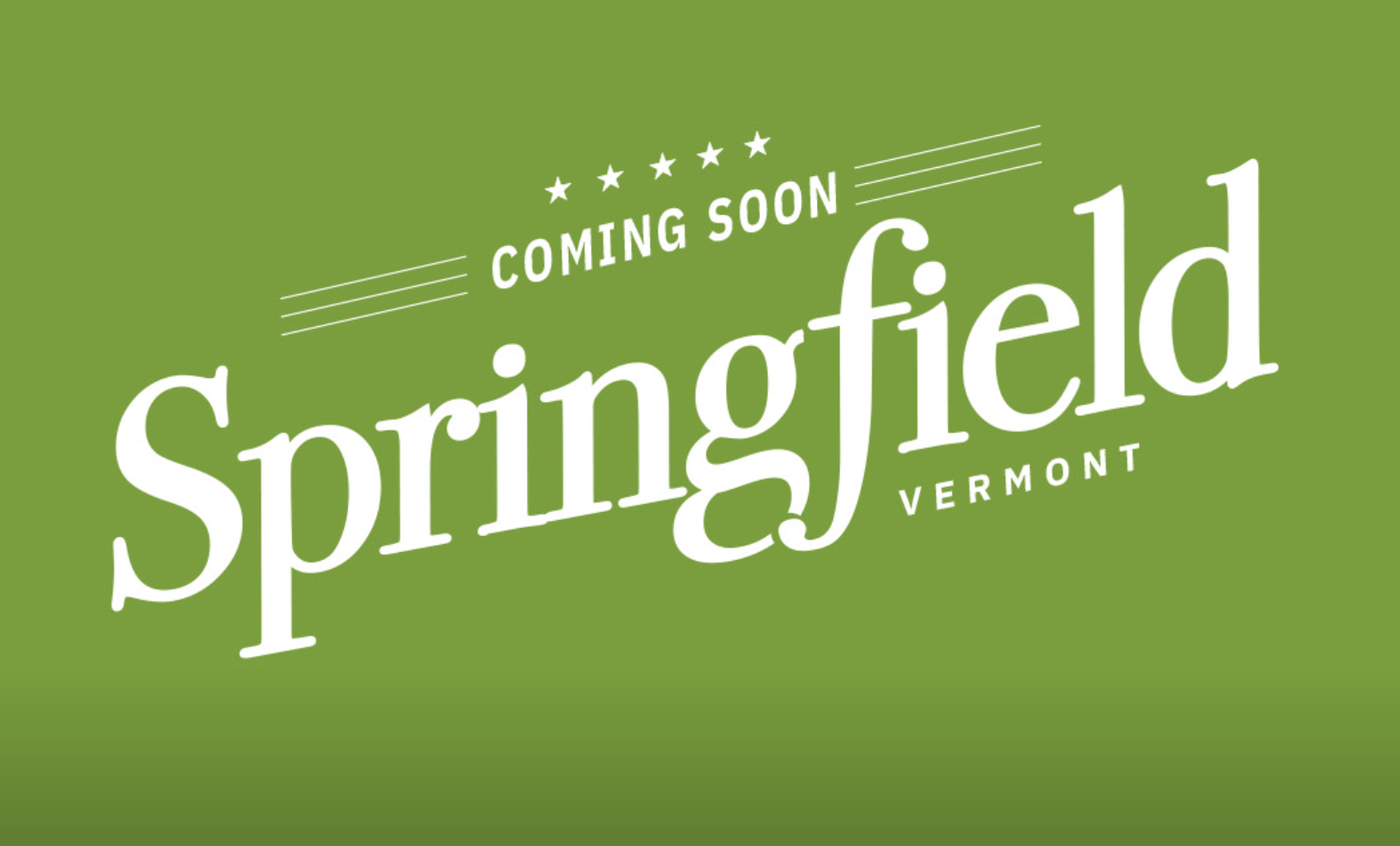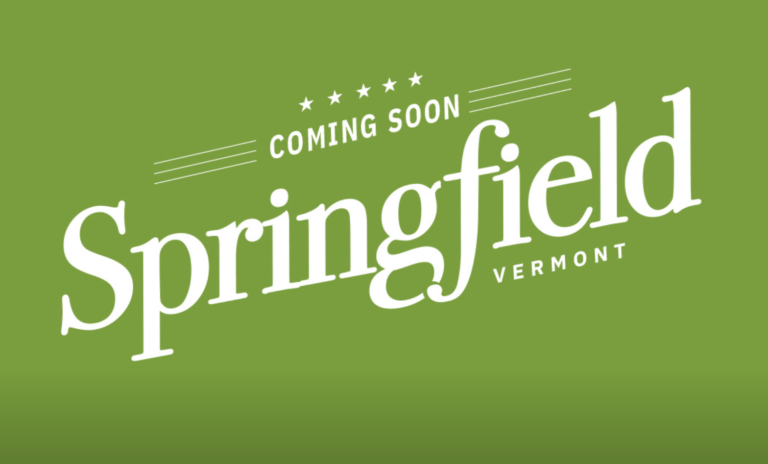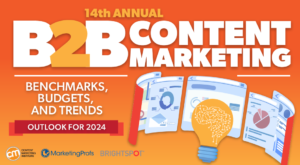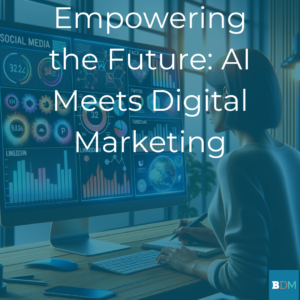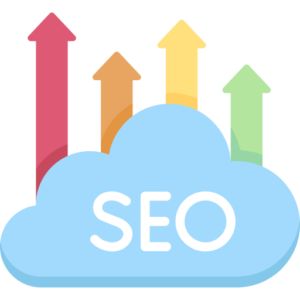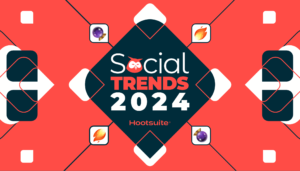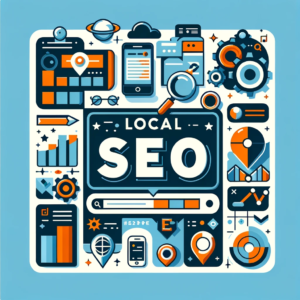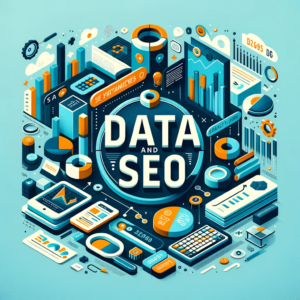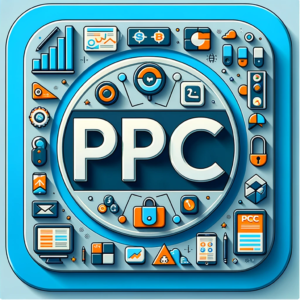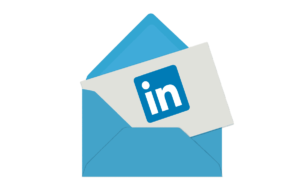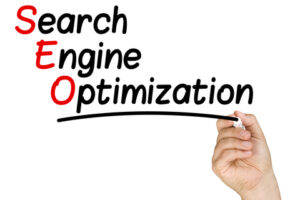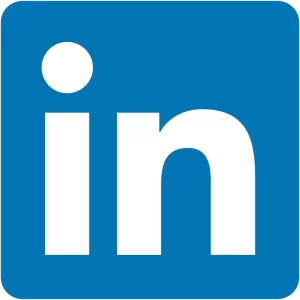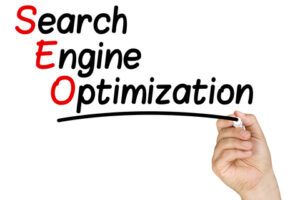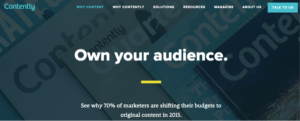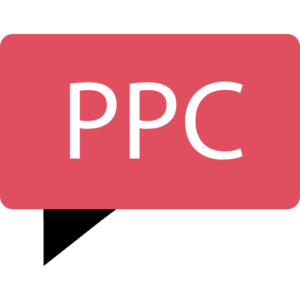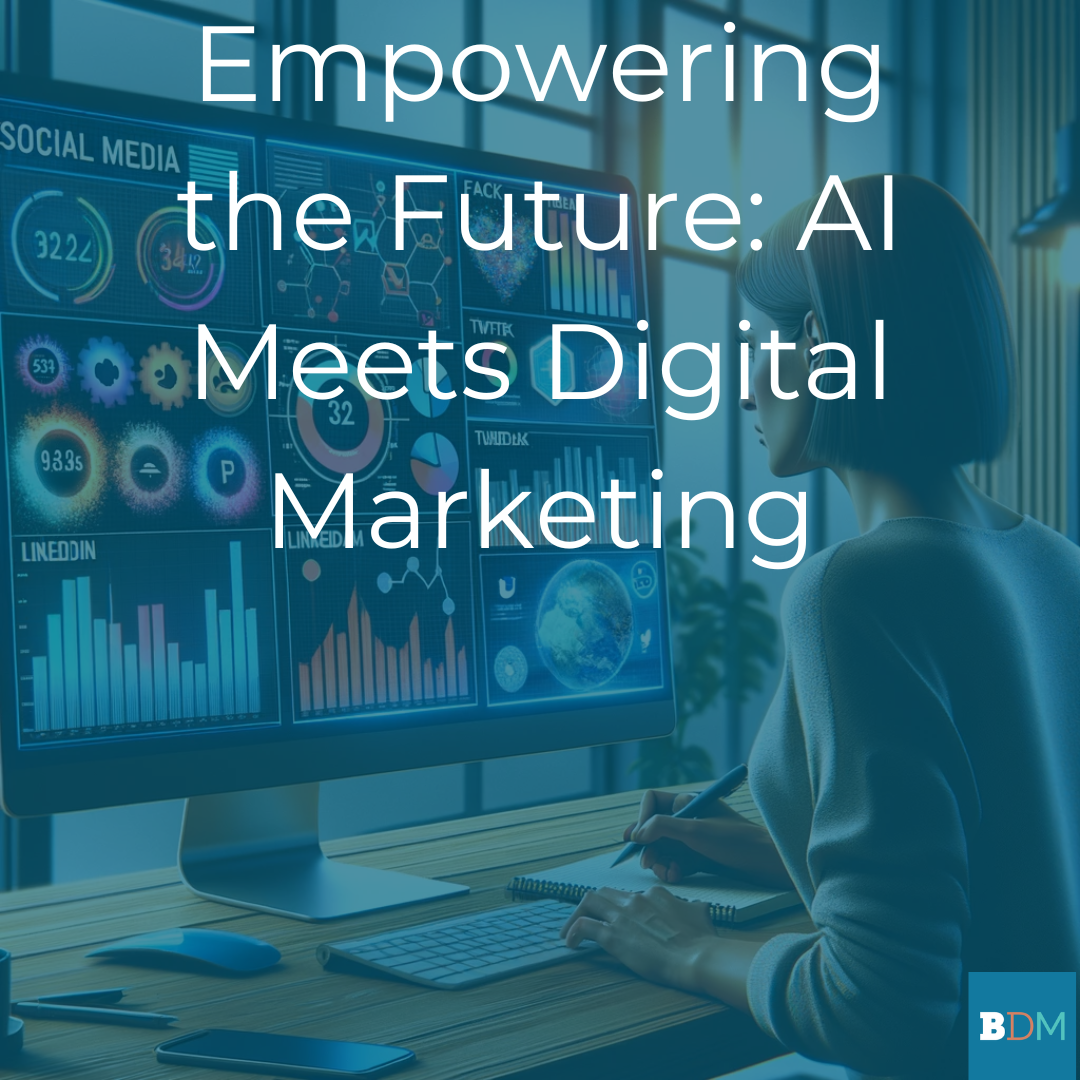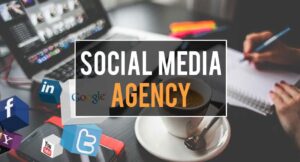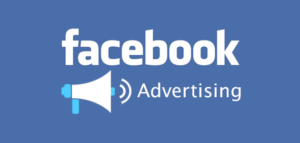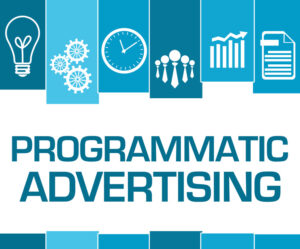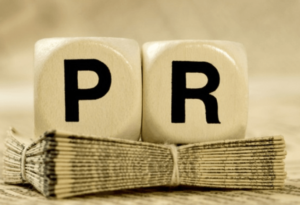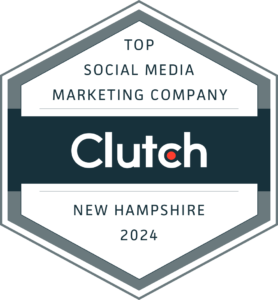
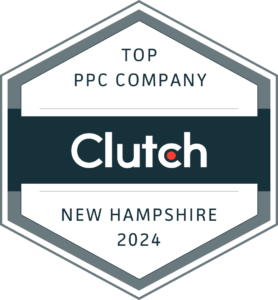
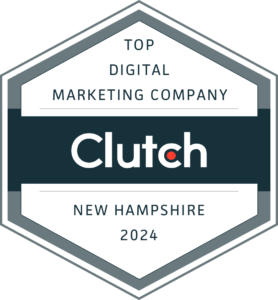
The Power of Online Reviews for Small Businesses

Why are online reviews so important for small businesses?
They help build trust and credibility. In today’s online world, potential customers are looking for reasons to trust a business before they make a purchase. Online reviews can provide that social proof that potential customers are looking for.
- They can improve search engine rankings. Online reviews are considered to be a type of “local SEO” signal, which means that they can help your business rank higher in search results. When potential customers do a search for businesses like yours, you’ll have a better chance of showing up in the results if you have positive online reviews.
- They can help attract new customers. Online reviews can also be used as a marketing tool to help attract new customers. When potential customers see that your business has positive online reviews, they’ll be more likely to choose your business over a competitor that doesn’t have any reviews. Online reviews can also help you reach new customers by increasing your visibility in search results.
- They can boost sales. Studies have shown that businesses with positive online reviews tend to see a boost in sales. In fact, one study found that a business with a 4-star rating can see a 20% increase in sales. Online reviews can also lead to more repeat customers.
- They provide valuable feedback. Another benefit of online reviews is that they provide valuable feedback. Online reviews can help you identify areas where your business needs to improve. They can also help you keep track of customer satisfaction levels. Online reviews can be a valuable source of feedback that you can use to make changes and improve your business.
- They offer social proof. Finally, online reviews offer social proof. Social proof is the idea that people are more likely to do something if they see other people doing it. Online reviews can help provide social proof for your business. When potential customers see that your business has positive online reviews, they’ll be more likely to trust your business and make a purchase.
Online reviews are important for small businesses
As a small business owner, you know that word-of-mouth is powerful. Online reviews are like modern day word-of-mouth recommendations. In fact, 84% of people trust online reviews as much as personal recommendations from friends and family members. Online reviews are also important because they provide valuable insights into what your customers think about your products or services.
Online reviews help build trust and credibility
One of the main reasons why online reviews are so important for small businesses is because they help build trust and credibility. In today’s digital world, potential customers are looking for reasons to trust a business before they make a purchase. Online reviews can help provide that social proof that potential customers are looking for.
As you’ll know, trust is hard to gain and easy to lose following a bad experience. 94% of all purchases are made for products with an average rating of 4 stars and above?
Online reviews can improve search engine rankings
Online reviews can help attract new customers
Online reviews can also be used as a marketing tool to help attract new customers. When potential customers see that your business has positive online reviews, they’ ll be more likely to choose your business over a competitor that doesn’t have any reviews. Online reviews can also help you reach new customers by increasing your visibility in search results.
Over 9 out of 10 consumers (93% say online reviews impact their purchasing decisions. So it’s not an understatement to say that online reviews can make or break your company’s success.
Online reviews can boost sales
In addition to attracting new customers, online reviews can also boost sales. Studies have shown that businesses with positive online reviews tend to see a boost in sales. In fact, one study found that a business with a 4-star rating can see a 20% increase in sales. Online reviews can also lead to more repeat customers.
Up to 84% of consumers noted that reviews were important in their purchasing decisions. Additionally, 68% develop an opinion of a product or service after viewing between one to six reviews.
Online reviews provide valuable feedback
Online reviews offer social proof
Frequently Aked Questions About Online Reviews
How can I encourage more customers to leave reviews?
What are some best practices for responding to negative reviews?
Are there any tools or services that can help monitor and manage online reviews?
There are several review management tools and services that can help small businesses stay on top of their online reputation. Review monitoring platforms like Podium, Birdeye, or Trustpilot aggregate reviews from multiple sites in one dashboard. Social media management tools like Hootsuite or Sprout Social include review monitoring and response capabilities. Reputation management services provide ongoing review monitoring, response assistance, and reporting. Google My Business and other platform-specific tools also surface reviews and allow you to respond directly. Finding the right solution depends on your business needs and budget, but the key is utilizing a tool that makes it easy to track, analyze and engage with customer reviews across the web, saving you time and helping you be more proactive in managing your online reputation.
As you can see, there are many reasons why online reviews are important for small businesses. Online reviews can help build trust and credibility, improve search engine rankings, attract new customers, boost sales, provide valuable feedback, and offer social proof. If you’re not already using online reviews to your advantage, now is the time to start. Contact us below for more information.
Recent Posts

The Power of Online Reviews for Small Businesses
The Power of Online Reviews for Small Businesses As a small business owner, you may be wondering why online reviews are so important. Online reviews
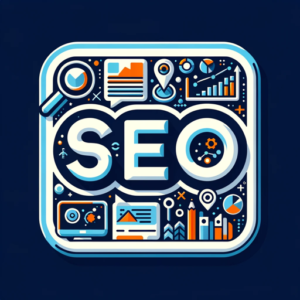
Five Most Important SEO Metrics
The Five Most Important SEO Metrics I recently came across the HubSpot State of Marketing report which showed how companies measure the success of their
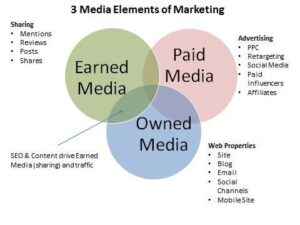
The Three Traffic Sources For Startups
The Three Traffic Sources For Startups I was recently re-reading Randall Stross’s book, The Launch Pad: Inside Y Combinator, Silicon Valley’s Most Exclusive School for

SEO: The Key to Sustainable Business Growth
SEO: The Key to Sustainable Business Growth Search Engine OptimizationIn today’s digital landscape, businesses can no longer afford to underestimate the power of search engine
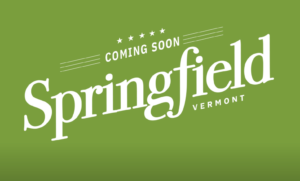
Vermont Web Design
Springfield802.com Partners with Braveheart Digital Marketing to Enhance Online Presence Springfield802.com, the premier digital platform for Springfield, Vermont, today announced a partnership with Braveheart Digital

AI In Digital Marketing
Mastering AI in Digital Marketing Today, the digital world changes fast, thanks to new tech. In this landscape, Artificial Intelligence (AI) is a big deal,

